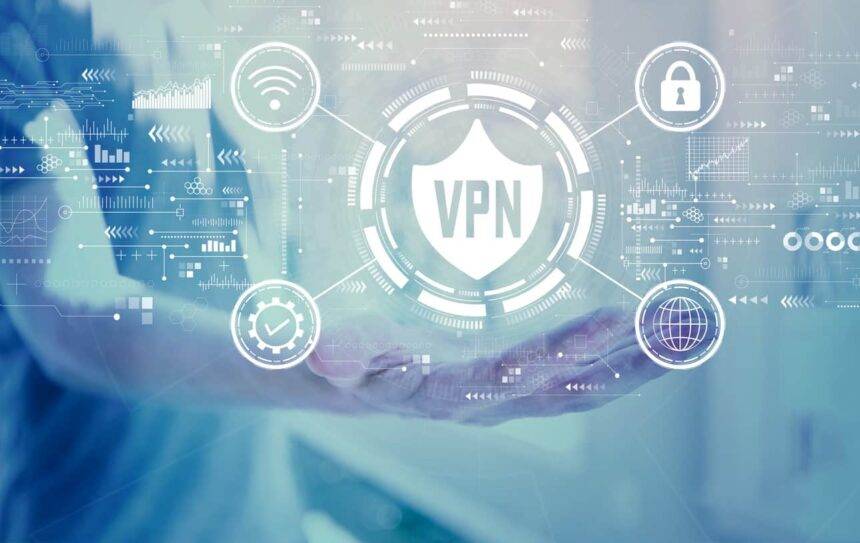Internet freedom has been pensioned in Pakistan at the same time people’s reliance on the Internet is inevitable in the modern world. The most recent event was the PTA banning the VPNs which provoked discussions about privacy, security issues, and other aspects that are significant for the development of a digital environment in the country. Purportedly taken in the name of halting unlawful activities and protecting the sovereignty of the country, this step may further weaken the constitutional aspects of freedom of the internet and security for millions of Pakistanis.
The PTA’s Justification
The PTA’s war on VPNs is seemingly to rid Pakistan of the wrong usage of these services in unlawful activities including the access of prohibited content, bypassing restrictions enforced by the government, and conducting criminal activities on the Internet. The government further contends that controlling the usage of VPN is crucial in maintaining sovereignty, and the country’s security which will be at risk if such information, deemed and classified as wrong is to be shared.
The Option of VPNs
VPNs act as a protective shield for anyone or any organization that wishes to use the internet without revealing their identity. They protect internet connections by encrypting them, thus shielding their users from surveillance, theft of their information, and other cyber vices. To organizations, VPNs are important in creating a secure environment for communication particularly when workers are connected through remote places or when using public networks.
Privacy Under Siege
Apart from security issues, censorship of VPNs also puts into question privatization in the following way. As such, the people of Pakistan are using VPNs not only to safeguard their devices from cyber criminals and threats but also to ensure that their identity is concealed in the fascist world where they are constantly in the view of their own and other governments. This static can therefore open floodgates for more invasions of privacy among users by the government which has now restricted the use of VPNs.
Further, the crackdown might harm activists, journalists, or any other person who utilizes a VPN to share a secure communique or access information that is banned or censored. Given the current state of press freedom in the country, reinventing stricter regulation on the existing technologies will only serve to strangle free speech and reduce citizens’ exposure to a variety of views.
Economic Ramifications
Inextricably linked to the latter is the economic aspect of the PTA’s activities. The Startup, Freelancer, and IT industry of Pakistan rely on VPNs for connecting with the international market and several global clients. Restriction or ban on VPN usage may cause these businesses to function ineffectively hence reducing their development and possibly killing such important innovations.
A Call for Balance
Although there is an argument on the threats of cybercrime and national security from the government’s perspective, the strategy to counter them should not affect the freedom of the internet, privacy, and business. Instead of an outright ban on the usage of VPNs across the nation, the PTA could employ better strategies like strengthening cybersecurity, educating people on the threats that surround the internet, and cooperating with technology firms to create better technology that will shield its users from threats while at the same time block prohibited content.
Conclusion
The PTA’s campaign against VPNs while painting itself in the image of trying to safeguard national security is very much in danger of undermining the very concepts of freedom and security on the internet that are imperative in the modern technological age. This is a severe blow to individual privacy and freedom in general, as well as to the Pakistani economy since the government virtually narrows the options to protect oneself from cyber threats. Given the realities of the emergent digital world, the rules at play must be formulated to achieve the goals of security and freedom, for Pakistan’s Internet to remain both open and safe for new ideas.
























